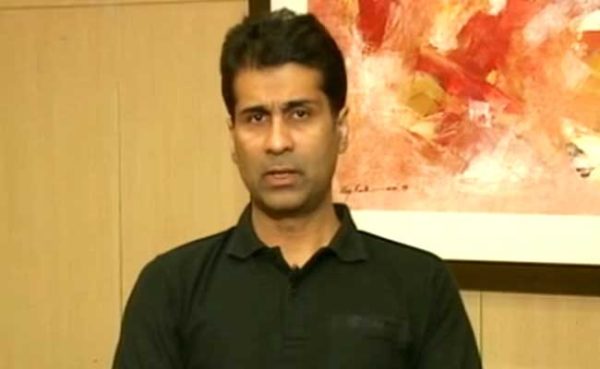Industrialist Rajiv Bajaj has slammed the government’s demonetisation move, which, he says, has hit the two-wheeler and three-wheeler industry hard and resulted in big job losses. “Personally, surprised people are not standing up and saying anything,” Mr Bajaj, the managing director of Bajaj Auto, told NDTV Profit. Speaking about the impact of the notes ban on the industry, Mr Bajaj said, “There has been double-digit de-growth of the industry purely and directly as a result of this. The experience of Bajaj Auto has been no different from that of the industry. It has hit us hard, whether it is the motorcycle industry or three-wheelers. Especially, so for three-wheelers which is cash dependent.”
Rajiv Bajaj is one of very few industry leaders who have slammed demonetisation. The notes ban announced by Prime Minister Narendra Modi in November took away 86 per cent of the total currency worth Rs. 15.44 lakh crore from circulation and impacted economic activity across sectors with the consumption-driven ones being the most affected.
“A large supplier of mine who supplies to Bajaj and others like Yamaha and Honda told me in December that he alone had to let go 3,000 people as a result of downturn in demand across all his customers,” Mr Bajaj said.
He also said from interactions with 81 suppliers of Bajaj Auto “what we understood from them was that if we were to consider people all of them cumulatively employed only for supply to Bajaj, together they had to let go off 2,200 people who were devoted to producing components only for Bajaj Auto.”
Mr Bajaj said job losses would be much higher if the overall industry is taken into account. “If I extrapolate a little bit and wonder how many people they had let go altogether that number would be between 5,000 and 10,000,” he said.
Pune-based Bajaj Auto is the largest maker of three-wheelers in the world. Two-wheeler sales have suffered in November and December as demonetisation hit consumption demand. The impact even continued into January, with Bajaj Auto sales falling 18 per cent from previous year’s level.
The industrialist said that though things have started to normalise to an extent from January, the psychological and sentimental impact from the job losses is very significant.
“Just because he is back on job he is not likely to pull money from wallet and buy motorcycle tomorrow,” Mr Bajaj said.



Leave a reply